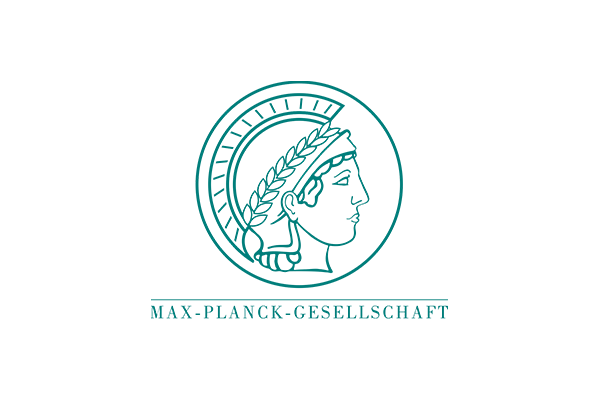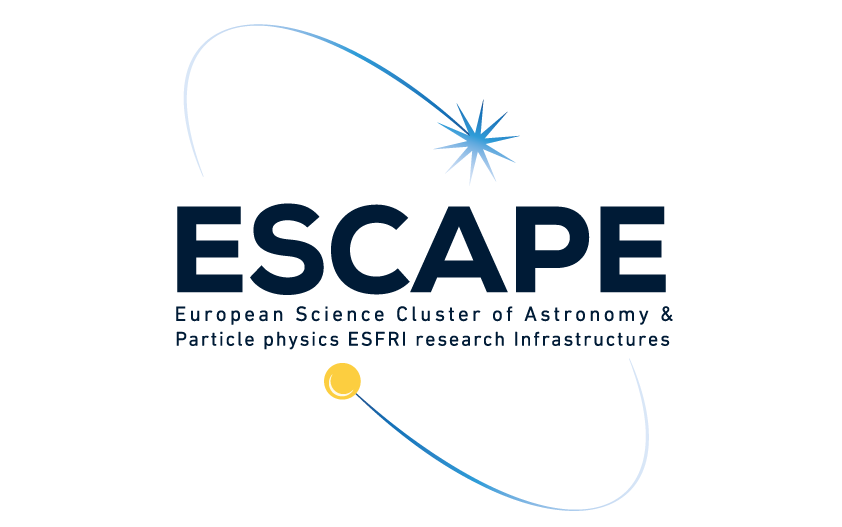

The Max Planck Society (Max-Planck Gesellschaft zur Forderung der Wissenschaften EV – MPG) is Germany's most successful research organization. Since its establishment in 1948, no fewer than 18 Nobel laureates have emerged from the ranks of its scientists, putting it on a par with the best and most prestigious research institutions worldwide.
The more than 15,000 publications each year in internationally renowned scientific journals are proof of the outstanding research work conducted at Max Planck Institutes – and many of those articles are among the most-cited publications in the relevant field. It does basic experimental and theoretical research in the fields of Astroparticle physics and Quantum dynamics. Two out of the six existing divisions of the MPG play an active role in the construction of the upcoming Cherenkov Telescope Array (CTA), i.e. the “Particle Physics and high-energy Astrophysics”. MPG is a cutting-edge institution in terms of open-source software development within the gamma-ray astrophysical community.
Despite coming from the close astroparticle community using proprietary data format and codes developed in the ROOT framework, a C++-based software designed for particle physics at CERN, it had the visionary view of joining the open-source Python forum since 2011.

